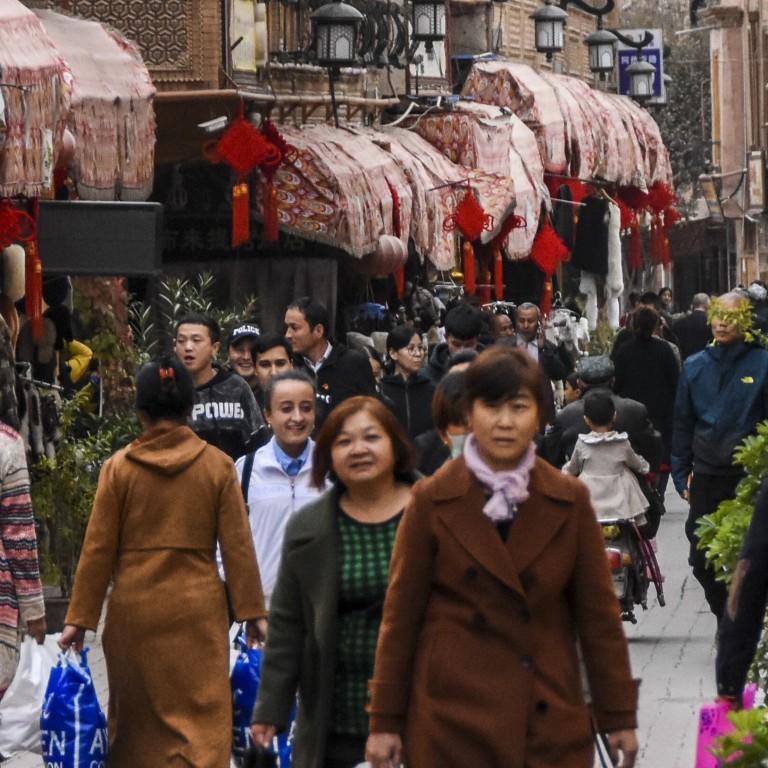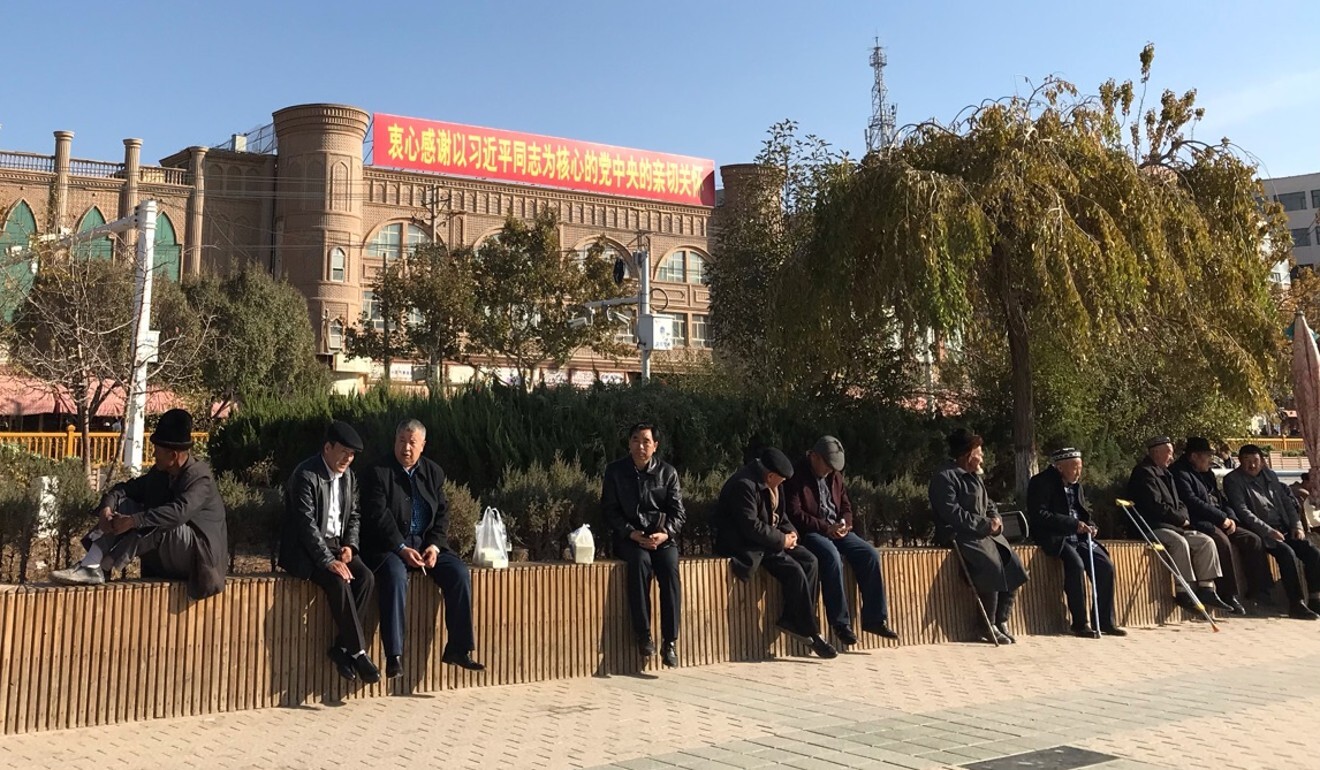
Chinese academics divided on idea to turn Kashgar into a municipality under Beijing’s control
- Report says city should be given status of a centrally administered municipality on par with Beijing, Tianjin, Shanghai and Chongqing
- China’s leaders have undertaken a number of initiatives to boost Kashgar’s economic development, including setting up a special economic zone in 2010
The suggestion was included in an academic paper written by researchers from the Institute of Geographic Sciences and Natural Resources Research under the Chinese Academy of Sciences, and published in the academy’s bulletin last week.
The paper, which analysed what would be the best administrative and regional governance model for China during its 14th five-year plan period (2021-25), has been widely debated in the media.

The paper said that speeding up urbanisation in China’s border cities would improve national security and promote economic development.
In particular, Kashgar – which has a population of 4.6 million – should be given the status of a centrally administered municipality on a par with cities like Beijing, Tianjin, Shanghai and Chongqing, it said.
Close to China’s borders with Kyrgyzstan and Tajikistan, Kashgar has been an important city for trade for more than 2,000 years. It has a predominantly Muslim Uygur population, which means it has also been in the spotlight because of China’s tight controls in the region.
A Beijing-based source with knowledge of Xinjiang affairs, said people had different views on the issue of Kashgar’s administrative status.
“Chinese leaders began asking for more research into Xinjiang about two years ago and think tanks have since submitted their suggestions, including some regarding Kashgar, to a leading group,” the person said on condition of anonymity.
“[Making Kashgar] a centrally administered city is one of the suggestions but there is no consensus on that even among the academics.”
What you need to know about latest batch of US-blacklisted Chinese companies
The idea were solicited by a group headed by Wang Yang, the fourth-ranked Communist Party leader and chairman of the Chinese People’s Political Consultative Conference.
China’s leaders have undertaken a number of initiatives to boost Kashgar’s economic development, including setting up a special economic zone in 2010. But the city’s per capita output was only 22,700 yuan (US$3,250) last year, about a quarter of that in Urumqi, Xinjiang’s capital.
Another source said that even though Kashgar had strategic value as a stop on China’s Silk Road, its inadequate infrastructure and lack of talent had slowed its development.
The person, who researches Xinjiang, said China’s leaders were mindful that any changes to Kashgar would have to be carefully managed as the Xinjiang Production and Construction Corps (XPCC), a quasi-military institution, wielded considerable influence in local politics and stability.
“How to introduce another player in this complex system? There have always been frictions between the XPCC and the Xinjiang regional government over financial and natural resources,” the person said.
“[Imagine what] will happen if Kashgar becomes a municipality reporting directly to Beijing. Can Beijing manage such a complicated relationship?”

